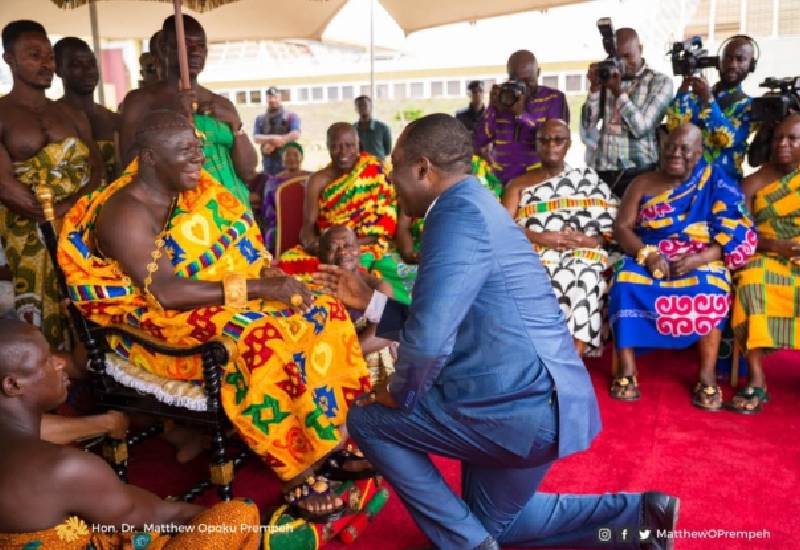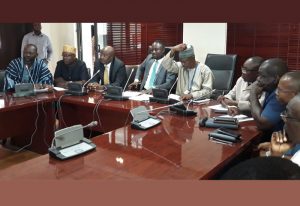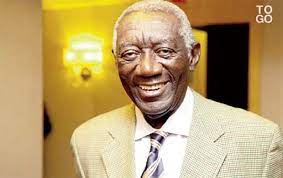The Shadow of Tribalism: Traditional Rulers and the Politics of Development in Ghana
Ghana’s political landscape is heating up, and one particularly contentious issue is the growing influence of traditional rulers on political affiliations, particularly in the context of the upcoming elections.
The relationship between traditional rulers and political parties in Ghana has long been a complex one. Traditionally, chiefs have held significant sway in their communities, acting as mediators, arbiters, and custodians of customary law. While their influence on political decisions has historically been more subtle, recent years have seen a shift towards open declarations of support for specific political parties.
This trend is most evident in the current political campaign. The endorsement of Dr. Mathew Opoku Prempeh, the NPP’s running mate, by several traditional leaders has sparked debate. Critics argue that such endorsements, often seen as a reflection of the perceived political leanings of their constituents, can exacerbate tribal politics.
The concern about tribal politics taking center stage is not unfounded. While Ghana has historically prided itself on its unity, the current political climate appears to be fostering divisions based on ethnicity. The open declarations of support by chiefs for specific parties are perceived by some as a direct appeal to tribal loyalties, potentially undermining the principles of national unity and inclusiveness.
This trend raises serious concerns about the future of Ghanaian development. While political affiliation and development should ideally be separate, the intertwining of tribal politics with development initiatives can lead to disparities and inequities. If development projects are prioritized based on the political leanings of traditional rulers rather than on merit or national need, it can perpetuate existing inequalities and hinder national progress.
The history of the Fourth Republic reveals a pattern of chiefs aligning with various political parties. From late President Rawlings’s tenure to the present, the practice has persisted, with varying levels of influence. However, the recent surge in open declarations of support, combined with the increasing prominence of tribal politics, suggests a dangerous trend.
Political analysts warn that this trend has the potential to erode the foundations of Ghanaian democracy. If politics continues to be dominated by tribal loyalties, it could lead to social unrest, political instability, and ultimately, hinder national progress.
The future of Ghana depends on a shift from ‘politics of tribe’ to ‘politics of issues.’ This requires a conscious effort from all stakeholders to prioritize national interests over tribal affiliations. Traditional rulers, political leaders, and citizens alike must engage in constructive dialogue and reject the allure of tribalism.
Godwin Owusu Frimpong




